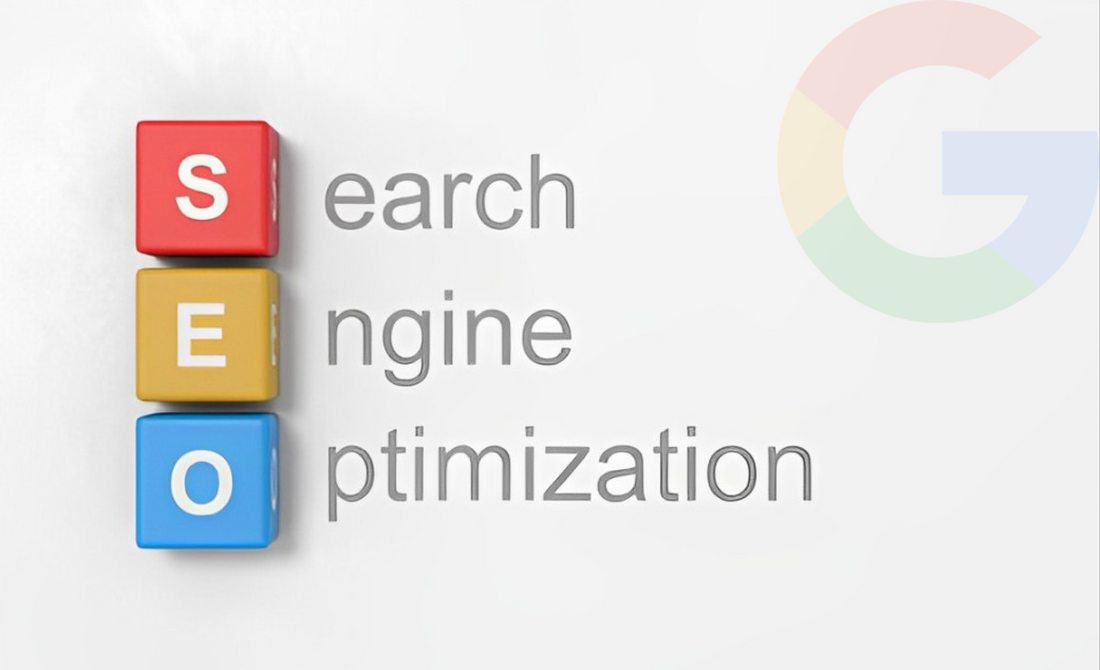Understanding Google E-E-A-T: The Key to Better SEO
E-E-A-T
SEO
SEO for Shopify
SEO success

When it comes to mastering the art of ranking high on Google, there is a lot to unpack. We all have heard about the importance of backlinks, keywords, and page speed forming the foundation of Shopify SEO.
But there is one word that is gaining a lot of traction in recent times: E-E-A-T (Experience, Expertise, Authority, and Trustworthiness.)
It is basically Google’s method of measuring the credibility and authenticity of your content and Shopify store.
Today we will understand what exactly is E-E-A-T and why it holds relevance in the world of SEO.
A Basic Understanding of E-E-A-T
E-E-A-T is a method devised by Google to access the quality of your content. It helps the search engine to ascertain if the content is worth recommending it to others.
Each element of E-E-A-T plays an important role in building your store’s credibility.
- Experience: Does the creator have first-hand experience on the topic?
- Expertise: Is the content generated by someone who has a lot of knowledge in the particular niche?
- Authority: Does the creator or site have a reputation for being reliable?
- Trustworthiness: Can users trust your content and website as a whole?
In short, Google tells us that Quality reigns supreme in the digital world. This is essential since most of us rely on search engines for accurate information especially in fields like healthcare, finance, and technology.
Breaking Down E-E-A-T with Examples
Let’s bring E-E-A-T to life with a couple of examples.
- Experience in Action
Consider that you are looking for the "best hiking routes in Colorado." Which article do you think is more reliable?
- A blog post written by someone who shares their personal experiences of hiking those trails, with tips and photos.
- A generic article listing trails without any evidence of the writer ever setting foot on them.
The first example is the winner.
Why?
Because it shows that you have a clear understanding of your field.
- Expertise that Stands Out
If you are looking for an article on “How to manage diabetes”, a blog entry by a medical professional or a dietician will rank higher than the one written by a random person. Google knows that expertise is important when the stakes are high.
- Authority Example
Consider the tech reviews domain. When a gadget is reviewed by the CNET or the Verge, it holds more importance than a small blog. Over the years, these sites have built their authority by consistently posting high-quality content.
- Trustworthiness Helps To Build Loyalty
Being trustworthy involves more than simply posting relevant content; it also involves the general security of the website.
A website that has clear privacy policies, HTTPS, and reliable content will always perform better than one that is full of spammy adverts and clickbait.
How Does E-E-A-T Impact Your SEO?
Google’s algorithm is getting smarter with each passing day. By evaluating E-E-A-T, it decides which content to rank higher on search engines.
Here’s how each element contributes to your SEO:
Experience: Google can improve your website's rankings if it determines that your content is original and represents first-hand expertise.
Expertise: High expertise signals lead to better rankings for niche topics. For example, a lawyer writing about legal matters will rank higher than someone without credentials.
Authority: Having strong authority increases your visibility and is achieved through backlinks, citations, and mentions from trustworthy sites.
Trustworthiness: Having trust enhances rankings, lowers bounce rates, and increases user engagement.
How To Leverage E-E-A-T for Better Rankings?
Now you are probably wondering How can I make sure my site ticks all the E-E-A-T boxes?
Here’s a step-by-step guide:
- Show Your Experience
- Share real-life examples, case studies, or personal anecdotes.
- Include author bios to highlight the creator’s hands-on knowledge.
For instance, a travel blogger could share their personal itinerary and photos rather than sharing generic information.
2. Highlight Your Expertise
- If you have certifications, degrees, or specialized training, mention them.
- Use content formats like white papers, tutorials, or detailed guides that demonstrate deep knowledge.
Example: A fitness coach could share a free meal plan alongside their certified credentials.
3. Build Authority in Your Niche
- Get backlinks from trustworthy sites in your industry.
- Publish guest posts on industry-leading blogs to highlight your expertise.
- Be consistent—regularly updating your site with quality content will establish you as a go-to resource.
4. Make Your Site Trustworthy
- Use HTTPS for secure browsing.
- Clearly state your sources—link to reliable studies, research papers, or expert opinions.
- Maintain transparency with a detailed About Us, privacy policy, and contact page.
What is YMYL Content And Why It Demands E-E-A-T Standards?
YMYL stands for Your Money or Your Life. This describes information that can have a major effect on a reader's general well-being, safety, money, or health. Google applies stricter quality standards to YMYL content, making E-E-A-T critical for these topics.
Think about it: You want trustworthy, expert-backed information when you're searching for financial planning assistance or medical counsel. Google wants to protect consumers by making sure that this type of information satisfies the highest quality standards.
Examples of YMYL TopicsHere’s a breakdown of YMYL areas and what’s expected for each:
|
Category |
Examples |
Why E-E-A-T Matters |
|
Health |
Medical advice, fitness tips, nutrition. |
Misinformation can harm physical well-being. |
|
Finance |
Investing, loans, budgeting. |
Incorrect advice can lead to financial losses. |
|
Safety |
Emergency preparation, cybersecurity. |
Bad information can endanger personal or online safety. |
|
Legal |
Laws, contracts, personal rights. |
Misguidance can result in legal consequences. |
|
News |
Current events, politics, public policies. |
Misinformation can mislead and harm trust in institutions. |
Pro tip:
A comprehensive editorial review is a must while creating YMYL content. Small errors or ambiguous statements can undermine user confidence and your SEO. In these sensitive areas, always put quality before quantity.
YMYL emphasizes why E-E-A-T is not only beneficial but also necessary for sustained SEO success.
What Is The Future of E-E-A-T in 2025 And Beyond?
The importance of Experience, Expertise, Authority, and Trustworthiness (E-E-A-T) is only going to grow in the coming years as Google puts more emphasis on UGC content.
Here are a few trends that you should keep a watch on:
AI vs Human: While AI has dominated every aspect of our lives, Google still prioritizes human touch content demonstrating expertise and experience.
Video Content: Video blogs showing real-life experience can become a key method to highlight expertise.
User Trust Signals: Reviews, testimonials, and user-generated content will play a bigger role in building trust.
Wrapping Up
E-E-A-T isn’t just another acronym to memorize; it’s a mindset. So, whether you’re running a blog, an ecommerce site, or a service-based business, remember this - Google rewards those who create with care.
Now it’s your turn.
And if you’ve got questions, you know - we are all ears!
CrawlApps
At CrawlApps, we don’t just build Shopify stores—we create experiences that sell. We’re a bunch of problem-solvers who love turning ideas into stores that actually converts. Whether it’s fixing what’s broken or building something from scratch, we make sure every detail works in your favor. No fluff, no jargon—just real solutions that help your business grow. If you’re serious about Shopify, you’ll feel right at home with us.















